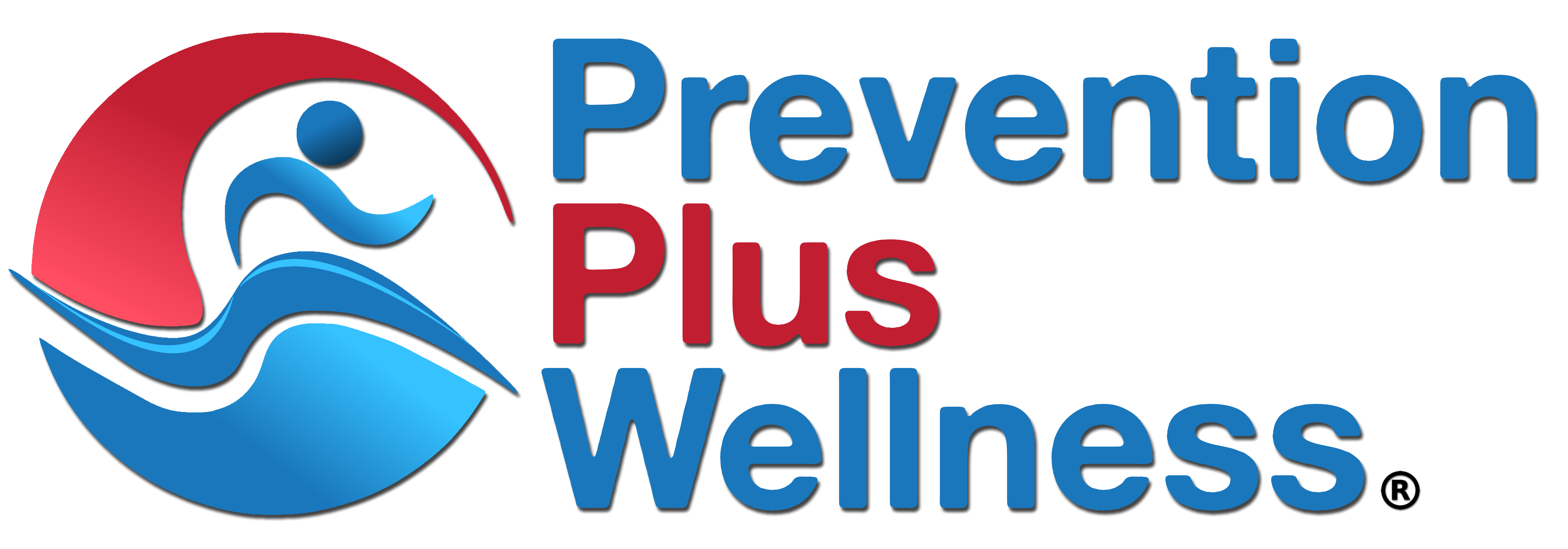A new study published in Alcoholism Clinical & Experimental Research (2022) examine whether multiple sleep characteristics in any year predict alcohol and cannabis use the following year.
Results showed that greater eveningness, more daytime sleepiness, later weekend sleep timing, and shorter sleep duration (weekday/weekend) all predicted more severe alcohol binge drinking the following year.
Only greater eveningness predicted a greater likelihood of any cannabis use the following year.
Middle/high school versus post-high school adolescents were more vulnerable to sleep-related risk for cannabis use.
The authors concluded that the results underscore a need for greater attention to sleep/circadian characteristics as potential risk factors for substance use in youth and may inform new avenues to prevention and intervention.
We’d add these findings show the need for including sleep behaviors in substance use prevention programs for vulnerable adolescents.
Specifically, healthy sleep habits should be promoted and links between poor sleep patterns and substance use risk should be highlighted in prevention programs in schools and communities.
Read the entire study abstract: https://onlinelibrary.wiley.com/doi/abs/10.1111/acer.14808

